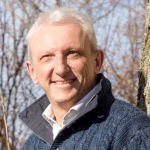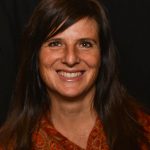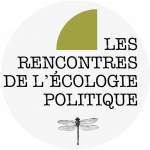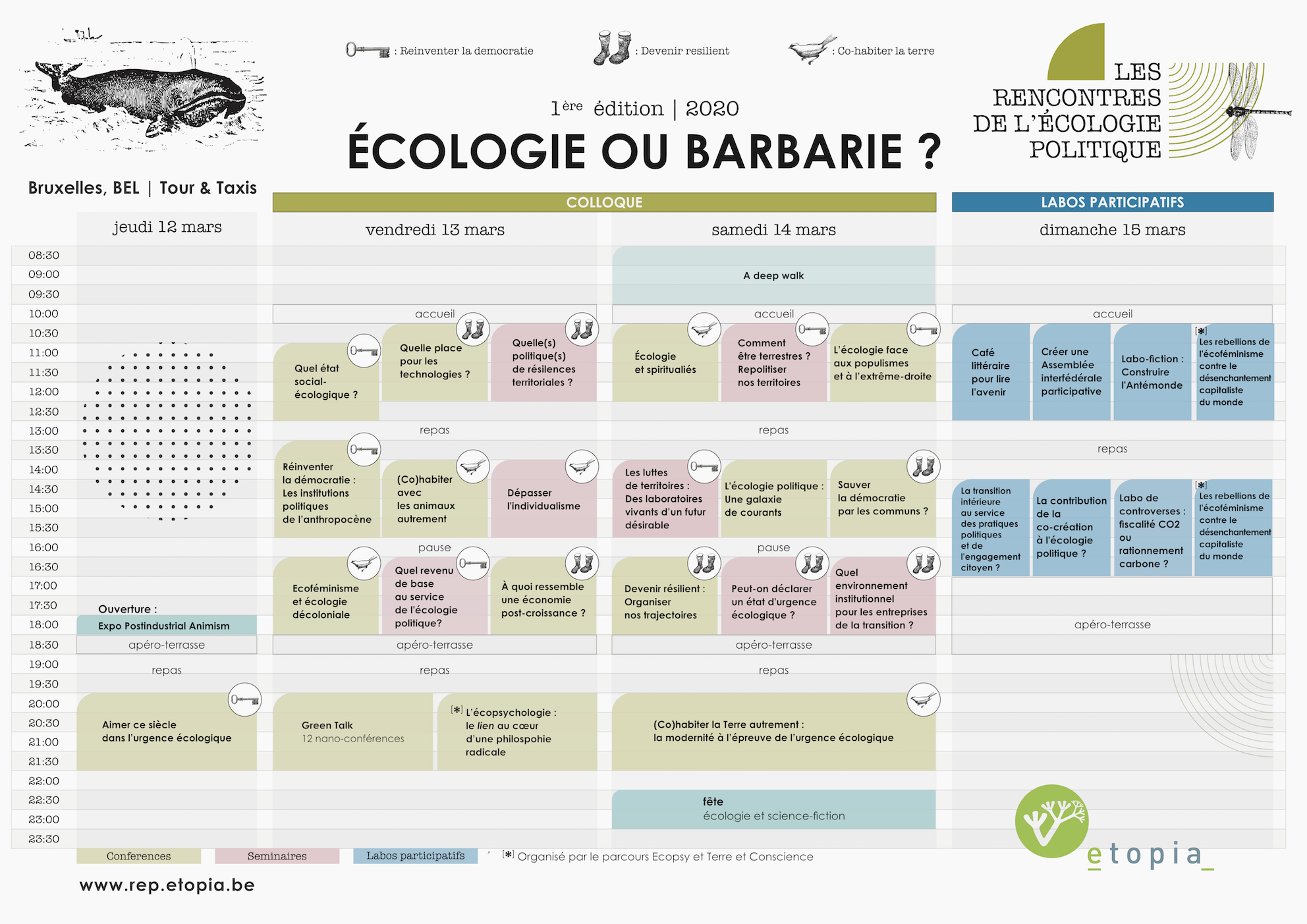
LECTURES
 8 pm: Loving this century in the ecological emergency
8 pm: Loving this century in the ecological emergency
Dominique Méda (F), Edgar Morin and Olivier De Schutter
Chaired by Patrick Dupriez
We can’t deny the century: we have to love it, even though we’re often scared by it. This isn’t the first time in history that human beings have felt they are on the brink of decline or catastrophe. We are, if we really want it, on the cusp of a fundamental shift that will lead to a more frugal and agreeable society. But only if we create an imaginary for this century.
Friday 13 March
 10:30 am: WHAT ROLE IS THERE FOR TECHNOLOGY?
10:30 am: WHAT ROLE IS THERE FOR TECHNOLOGY?
Edwin Zaccaï, Paul Lannoye and Adeline Barbin
Chaired by Valéry Witsel
![]() Orangerie (Maison de la Poste)
Orangerie (Maison de la Poste)
∴ No translation
What relationship do we want with technology and its attendant risks? This question is part of environmentalism’s DNA. More than ever, technology is everywhere: from nuclear power to the connected world, to robots and AI. What does technology do to us? What do we want to do with technology and how can we regulate it?
11 am: WHICH GREEN WELFARE STATE?
Eloi Laurent (F), Pascale Vielle, François Denuit
Chaired by Michael Maïra
Tomorrow’s green society will have to be fairer and more equitable than ever before. So, how will we fund the green welfare state in the context of prosperity without growth? What risk pooling mechanisms will we need? How will we tackle new social and environmental vulnerabilities? In this debate, we will discuss the future of the universal basic income, the ecofeminist vision of the welfare state and how to incorporate environmental issues into the welfare state.
1:30 PM: REINVENTING DEMOCRACY: THE POLITICAL INSTITUTIONS OF THE ANTHROPOCENE.
Raphaël Stevens, Dominique Bourg, Marine Calmet, Axel Gosseries
The term “Anthropocene” teaches us that humans can change their environment, right down to the very contents of the Earth’s strata. Who is responsible for these changes? And which political institutions can take on the challenges of this new era? Do we need to reform representative democracy into horizontal and direct democracy? Or strengthen the state’s regulatory ambitions? Or establish global climate justice? Speakers will present their vision of the Anthropocene and the fundamental reforms it requires.
2 PM: (CO)INHABITING WITH ANIMALS DIFFERENTLY.
Dounia Tadli, Lucienne Strivay, Florent Marcellesi (E)
Chaired by Thérèse Snoy
Animal rights are increasingly in the public consciousness. Our relationships with pets, and chance encounters with the animal kingdom, remind us of what we have in common as living beings. Different ways of leaving room for animals, and strengthening our relationships with them, will be discussed in this debate.
 4:30 PM: ECOFEMINISM AND DECOLONIAL ECOLOGY
4:30 PM: ECOFEMINISM AND DECOLONIAL ECOLOGY
Mohammed Taleb , Jules Falquet et Magali C. Calise
Chaired by Louise Knops
∴ No translation
Ecofeminism and decolonial ecology are forcing us to rethink the way we’ve done environmentalism until now. An environmentalism that is, unfortunately, often still male, white and privileged, that perpetuates post-colonial cultural attitudes, and presents a vision of ecological transition from which minorities are absent. With this in mind, you’re invited to come and rectify the omissions of contemporary ecology.
4:30 PM: WHAT DOES A POST-GROWTH ECONOMY LOOK LIKE?
Géraldine Thiry, Philippe Defeyt and Thomas Bauwens.
Chaired by Lucile Schmid (F)
Organized in partnership with the GEF and with the financial support of the European Parliament.
Sustainable economy, post-growth economy, transition economy… There are various ways of describing an “afterwards” whose impact remains unclear. So, what would the consequences of a post-growth world be? Would it mean economic degrowth, or a different vision that would include social and environmental wellbeing as alternative indicators? Speakers will propose a new definition of economic activity, as well as a new imaginary connected to this post-growth economy.
8 PM: GREEN TALK: 12 MICRO-LECTURES
Lectures organized by GEF
 8 PM: ECOPSYCHOLOGY: THE “BOND” AT THE HEART OF A RADICAL PHILOSOPHY
8 PM: ECOPSYCHOLOGY: THE “BOND” AT THE HEART OF A RADICAL PHILOSOPHY
Presented by Parcours Ecopsy and Terre et Conscience
Going beyond both the ideas of “personal development” and “everything is political”, ecopsychology attempts to articulate “social justice”, “environmental justice” and “inner integrity”. It’s a school for the transition. But this revolutionary transformation of society can’t be built on amnesia. That’s why reactivating memory is one of the keys to ecopsychology.
From the philosophers of Ancient Greece to the thinkers of sixties American counter-culture, from Arab and Muslim philosophy, to Irish romanticism and depth psychology, this school of thought has a long history. Mohammed Taleb presents pearls of wisdom from these traditions to explain the cultural metamorphosis that ecopsychology seeks to bring about.
Saturday 14 March
 10:30 AM: ECOLOGY AND SPIRITUALITY
10:30 AM: ECOLOGY AND SPIRITUALITY
Vandana Shiva (IND), Dominique Bourg (F), Brigitte Maréchal
Chaired by Charlotte Luyckx
The connection between ecology and spirituality can be approached in different ways: as a questioning of religions and spirituality from an ecological point of view; as the mobilisation of inner, spiritual resources to fuel environmental commitment; or as a quest for deep individual and collective reconnection with nature. Bringing together Vandana Shiva, Dominique Bourg and Brigitte Maréchal, this round table will show the specific contribution that ecospirituality can make to thinking about political ecology.
10:30 AM: ENVIRONMENTALISM, POPULISM AND THE FAR RIGHT
Justine Lacroix, Florent Marcellesi (E), Sherilyn MacGregor (GB)
Chaired by Michel Genet
Organized in partnership with the GEF and with the financial support of the European Parliament.
Identitarianism is seeping into numerous debates in Europe today. National populism brings with it the temptation to look inwards and incite hatred, threatening the very functioning of our democracies. Furthermore, disillusionment with politics is spreading throughout society, and environmental movements are not immune. Neither has the left been spared by these populist temptations, whose political records are often negative.
How can we avoid sinking into identarian revenge, repression and a rollback of rights? How can we inoculate political ecology from these excesses and rehabilitate the democratic ideal?
2 PM: THE MANY STRANDS OF POLITICAL ECOLOGY
Dirk Holemans, Edouart Gaudot (F), Monica Frassoni (I)
Chaired by Benedetta de Marte
Organized in partnership with the GEF and with the financial support of the European Parliament.
Radical, identitarian, deep, integral. There are numerous terms for describing the different strands found in political ecology today. But what do they mean? What transformative capacities do they have? And how are they represented in Europe’s contemporary political landscape? Three speakers will put the different strands of political ecology into words.
 2 PM: CAN THE COMMONS SAVE DEMOCRACY?
2 PM: CAN THE COMMONS SAVE DEMOCRACY?
Mourad Hannachi, Michel Bauwens
Chaired by Jonathan Piron
Can the commons reinvent the way we do politics? Are they also processes that enable us to begin the transition to a post-growth world? Between the market and the state, what place is there for the commons?
4 PM: BECOMING RESILIENT: CLEARING THE PATH
Chaired by Marek Hudon
Leaving behind our thermo-industrial society presupposes an energy transition and a complete overhaul of the way we produce and consume. But there are many long-standing obstacles: institutional and cultural impediments, psycho-social resistance. What are these exactly? What would a real energy transition involve? If we really want to change, what are the essential first steps for clearing a path towards a post-growth world?
 8 PM: (CO)INHABITING THE EARTH DIFFERENTLY: MODERNITY AND THE ECOLOGICAL EMERGENCY
8 PM: (CO)INHABITING THE EARTH DIFFERENTLY: MODERNITY AND THE ECOLOGICAL EMERGENCY
Vandana Shiva (IND), Catherine Larrère (F), Sherilyn McGregor (GB) and Arturo Escobar (USA – video)
Chaired by Jean De Munck
Organized in partnership with the GEF and with the financial support of the European Parliament.
Has our universalist, rational and mechanistic world view caused today’s ecological disasters? Are the ideas of development and progress heavily implicated in our environmental crises? Is it time we moved beyond the cleavages of nature-culture, male-female, North-South and educated-uneducated?
Through the eyes of three women, we will look at how the relationship with the world that we’ve inherited from the Enlightenment should be called into question, given the many relationships and beings that it has rendered invisible.
THE GREEN TALK
Friday 13 March at 8 pm: 12 micro-lectures
A Green Talk is a series of eight-minute speeches given from the stage. The session lasts two hours and will have several breaks. This format of short speeches is inspired by the Three Minute Thesis competition and the TedX format.
Organized in partnership with the GEF and with the financial support of the European Parliament.

Is the human species endangered?
Iman Aouad, law student and winner of the 2019 Eloquentia Bruxelles competition

Climate change: facts and opinions
Cathy Clerbaux, researcher in atmosphere and climate science (CNRS and visiting professor at ULB)

Popular education: an underestimated force for democratic renewal?
Léa Sallenave, PhD student in geography, University of Geneva & Université Grenoble Alpes.

A new monetary and financial system for a green, democratic and resilient society?
André Peters, monetary sociologist and finance sector executive

The values of seeds
Christine Frison, researcher in biodiversity governance (FNRS & UCLouvain)

From fast fashion to the fashion library. Why is it so hard to change the way we consume clothes?
Coralie Muylaert, research collaborator at ICHEC

Redefining our relationships with the world to practise political ecology
Elodie Richardet (CH), hypnotherapist, social worker and ethnologist; resident of Diablerets (Switzerland)

For a popular and unpopular environmentalism: environmentalism, the ecological emergency and populism
Guillaume Lohest, lifelong learning research officer and contributor at Valériane, the magazine from Nature & Progrès

Communalist direct democracy: a tool for the transition?
Sixtine d’Ydewalle, researcher at the Centre for Philosophy of Law, UCLouvain

The common demands to the parliament about water things
Dominique Nalpas, citizen activist, Brusseau


